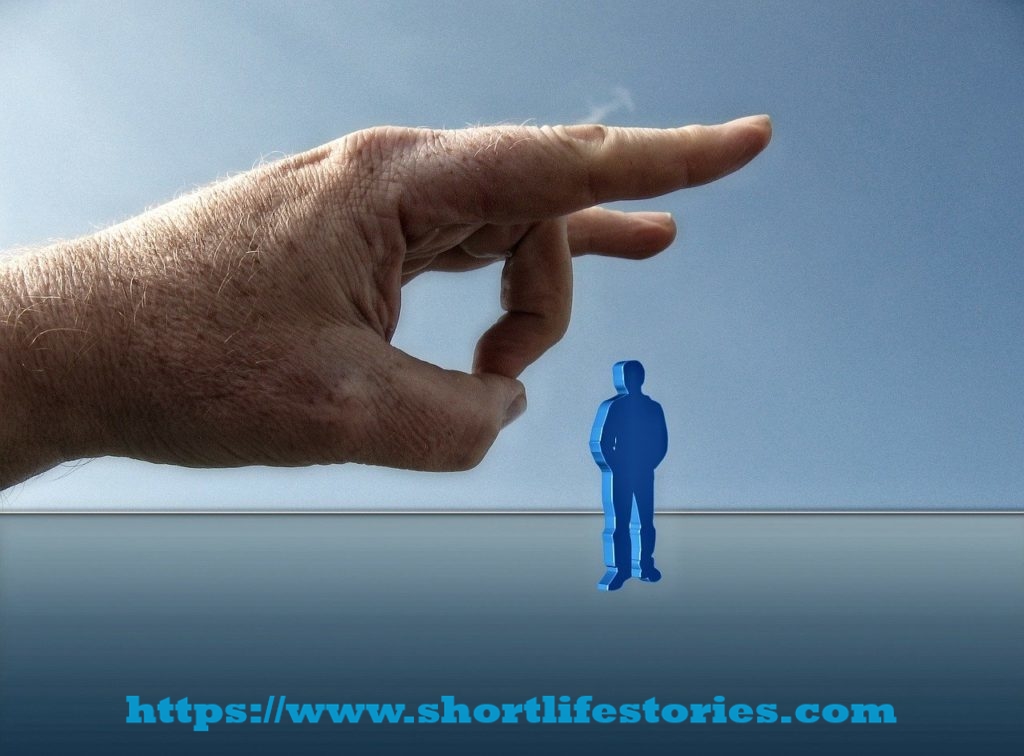Last week, someone I knew for seven years broke our friendship. The reason? My views on a political topic didn’t align with his.
Seven years of going on motorcycle rides, hanging out, and helping each other, wiped out in a flash. Over a difference in opinion on a topic that we couldn’t influence in any way.
It didn’t hurt as much as I thought because I saw it coming. His sarcastic jibes at my politics went a long way into eroding my trust in his own. It all became a bit much because our friends have been friends for years.
The friendship was also affected by the fact that he was never one to share his opinions, even when I disagreed with him. He rarely made a point to talk with me about anything, except what was helpful for our friendship.
But this time, it was different. Last time, I saw it coming. I knew it was coming, and I didn’t do anything to prevent it.
The sudden change in him was frightening.
We can’t change people. It is not our role to change them and it is certainly not our role to change them because we want to.
We are the unfolding of our deepest qualities.
It’s hard to respond when you’ve chosen to let go.
The friend in question chose to respond to my friend with compassion and understanding. He acknowledged the parts of me that made him uncomfortable and tried to see my point of view. He said that what had started as a simple disagreement on a new hobby had escalated into a debate on a political topic that would surely make us both unhappy in the future.
It’s not easy to be open to other people, even if you are an emotionally secure person.
Values and beliefs are always in a struggle. We choose to be charitable and love-minded because it feels good to connect and support our friends. But sometimes, we forget that we need to apply our own care towards what we believe in and help them expand as a person.
When we hurt other people, especially when they are in the wrong, what we are volunteering to is help them grow into themselves.
Why should I put any effort into changing someone else’s mind? It doesn’t thrill me to do so. I am an emotional person so my mindset is often confused. But I need to break my pattern of not caring into something more positive.
Vulnerability is the birthplace of love and respect.
The conversation was mentioned at the beginning of this article.
I need to share some things with you that I’ve been working on. These are things that I’ve learned from my past relationships that have helped me be a better listener and a better partner.
Set your boundaries.
Have certain topics in mind when you talk to your partner. Either it’s obvious, like how you feel about the new item, or it’s a more hidden point that you’d never think of even as a question. Like, what is one of the most important lessons you’ve learned about relationships?
Maybe this is how you learned to stop making people feel small: you asked a question and your partner helped you answer it.
Let’s say you want to stop making people feel small. The easiest way to do that is by saying something like, “I feel like you’re making me feel bad by…,” or “I feel like you’re going farther away from me by…,” or “You’re not being honest by hiding your feelings from me like this.”
Saying something like that is not about making someone feel bad. It’s about clarifying what that feeling is and letting them know that you’re working on it.
Pay attention to others’ voices and feelings.
Now that you know what values and beliefs you hold, try to pay attention to others’ voices and feelings. Ask them what they’re thinking. Listen to what they’re saying concerning your partner.
I always found it interesting how my wife’s voice would change when I asked her questions. She’d usually cite reasons — “Well, I was going with this friend of mine when he got arrested.” Or, “My dog died, so I decided to spend a few days alone with my thoughts.” She’d explain how she’d gone with her friend to discuss some issues regarding money, and how she felt afterward.
She’d say how she wasn’t lying because she had a right to say what she said. In her mind, she was defending herself.
I’d then ask her if she believed her words, and if she did, she could explain why.
She would answer that she did not believe him. I’d continue to listen, and when she said that, I’d take her point, explaining that she was misunderstanding things and that she hadn’t said that.
At that point, I’d continue listening.
